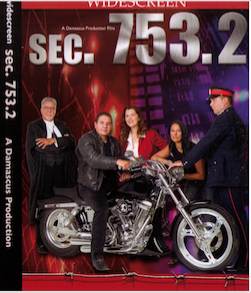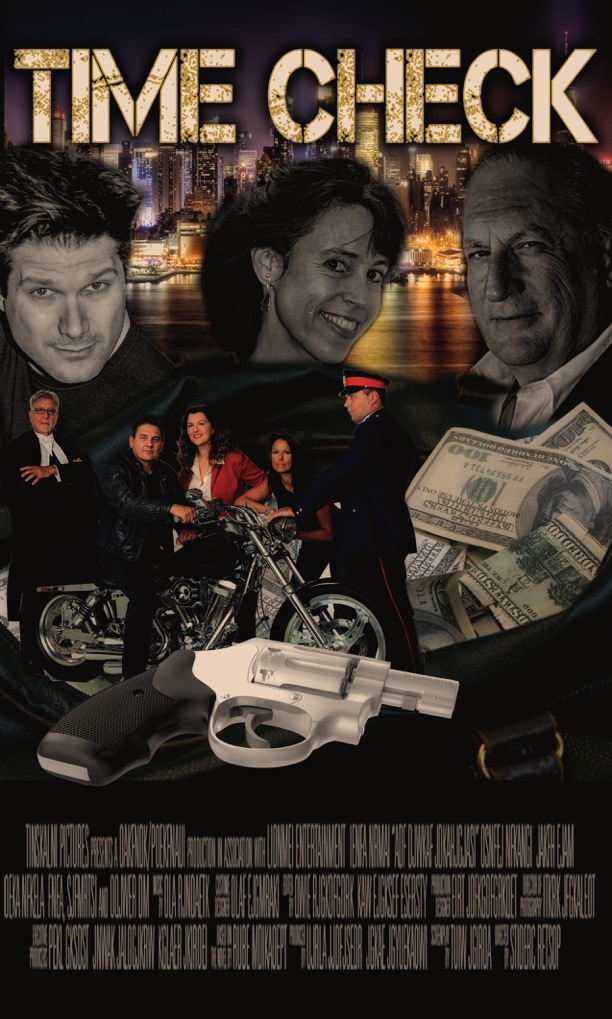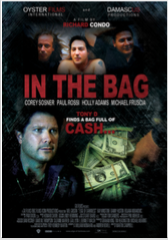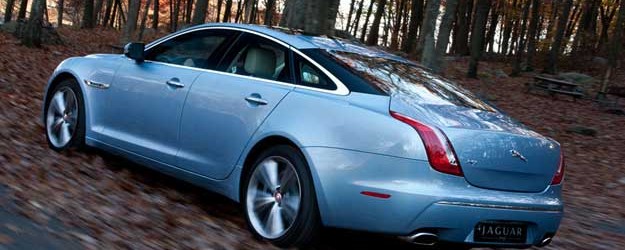The age of the self-driving automobile is just around the corner, pretty much everyone in government and industry agrees, which will reduce traffic congestion, carbon-dioxide emissions and all but eliminate carnage on the road. Except it won’t eliminate congestion — it will probably add to it. It won’t reduce carbon-dioxide emissions — it will probably add to them. And while it’s likely to save lives of bad drivers, it’s also likely to cost the lives of good drivers.
The claims that self-driving cars will reduce traffic congestion are mostly based on the assumption that the private automobile will go out of vogue, as people switch to ride-sharing through Uber-like arrangements using self-driving cars. A great increase in ride-sharing seems improbable. Car-pooling never took off with conventional automobiles, despite government incentives and exhortations; there’s no reason to believe ride-sharing would suddenly soar in popularity if cars were self-driving.
Uber use does stand to increase if only because Uber rides will cost less without drivers. That extra use would lead to cars logging more miles, not fewer, since Uber’s cloud-based model encourages empty vehicles to be continually on the move, to shorten the time it takes to get to a fare. In London, where Uber and other for-hire vehicles are thriving — now accounting for 10 per cent of all traffic entering Central London — congestion and thus travel-times are increasing.
Self-driving cars dedicated to personal use are also likely to increase traffic congestion. To save on downtown parking fees, many commuters will send their cars home after arriving at work, then summon them at the end of the day for the ride home. Rather than parking when shopping at the neighbourhood hardware or grocery store, many people will just have their cars circle the block. Owners will also save the expense of delivery by dispatching their cars to pick up their shopping — sending their car on a round trip instead of a delivery courier’s more efficient routing.
That extra mileage will increase auto emissions, especially since it will be occurring on congested roads and most especially since it will involve self-driving cars, which are energy hogs. Self-driving cars demand up to three or four kilowatts to run their computerized, sensor-intensive autonomous driving systems, a major drain on their batteries. An all-electric self-driving vehicle would find its range severely compromised — even if the driving system’s energy efficiency doubled or tripled — making them impractical. Self-driving vehicles are thus more likely to be hybrid cars, allowing the battery to be recharged courtesy of fossil fuels.
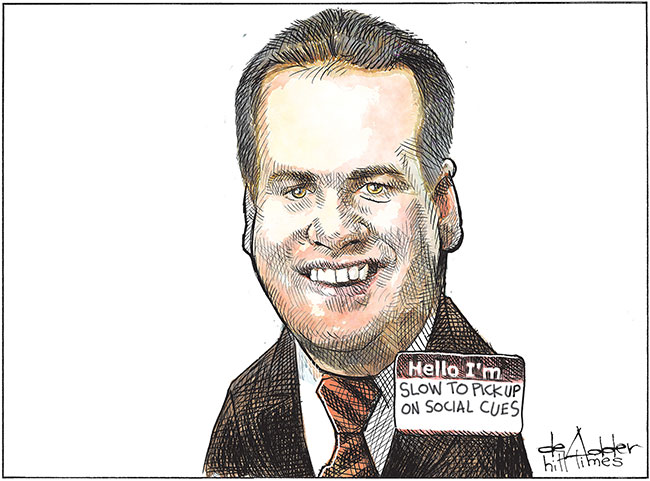
The safety of self-driving cars is also a mixed bag. While studies show that automobile accidents could drop by 80 per cent, they also show that good drivers would be safer behind the wheel. Self-driving cars are hardly error-proof, as seen in the mounting number of accidents to date. Quite apart from computer failures and vulnerability to hacking, natural events such as snow, rain or dirt could compromise sensors, which may never fully match a human’s instinctive ability to observe, assess and react to the infinite number of subtle differences in road conditions. A self-driving car may not always have the wherewithal to break the law — say, by swerving off the road — when necessary to avoid calamity. Since accident rates for conventional cars have been steadily dropping as cars and roads have improved, a continuation of that trend would negate much of the safety advantage credited to the self-driving car.
The notion that self-driving cars will become ‘moving offices’ that let us work during relaxed commutes from bucolic homes is divorced from human wants
In most respects, the self-driving car has been overhyped, pushed on us by governments to tame the perceived evils of the internal combustion engine. The public certainly hasn’t been clamouring for it: a Gallup poll published this week shows 78 per cent of Americans enjoy driving and only 19 per cent would want a self-driving car even if they became common over the next 20 years. The notion that self-driving cars are about to transform city and suburb by becoming “moving offices” that let us work efficiently alongside ride-sharing strangers during relaxed commutes from bucolic homes (McKinsey estimates the “time saved by commuters every day might add up globally to a mind-blowing one billion hours — equivalent to twice the time it took to build the Great Pyramid of Giza”) is divorced from human wants.
For most of us, cars are not utilitarian boxes that transport us from Point A to Point B. They aren’t moving offices but temporary homes in which we spend an hour or two a day, that we decorate in colours, trims and fabrics to our taste, and outfit with sunroofs, bicycle racks, navigation systems and music just the way we like, sharing them only with those we choose. These little luxuries and personalized conveniences are not about to be replaced by a homogenous, ride-sharing automobile culture.
The self-driving vehicle will find a niche with the public, especially where they empower those unable to drive. But it will best suit impersonal uses, where humans represent a cost rather than a benefit: as delivery vehicles for freight and as military vehicles sent into war zones. The driverless car, for the vast majority of us, is less around the corner than around the bend.
• Lawrence Solomon executive director of Toronto-based Energy [email protected]









